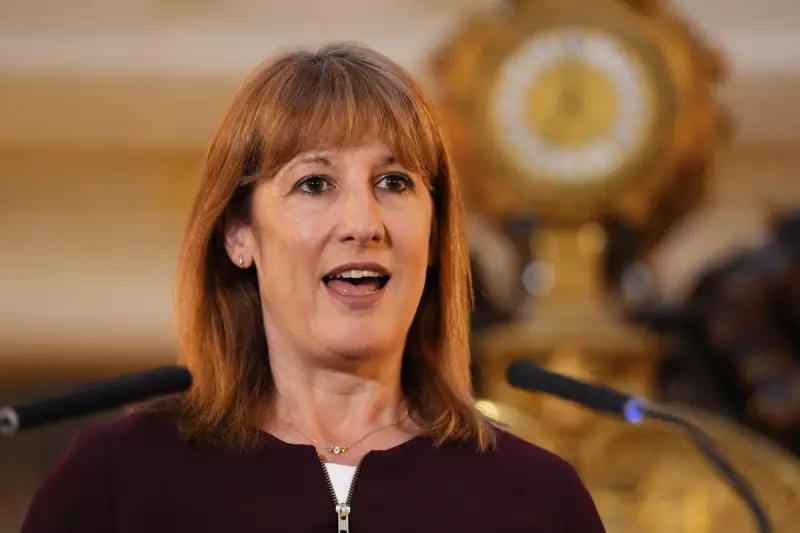
As the general election looms, Rachel Reeves finds herself walking an economic tightrope that would challenge even the most seasoned chancellor. The shadow chancellor's carefully crafted fiscal rules are facing their sternest test yet, with City analysts growing increasingly sceptical about their viability.
The Credibility Gap
Financial markets, never known for their sentimentality, are raising uncomfortable questions about Labour's economic blueprint. The central concern revolves around a simple but devastating equation: how can Reeves promise both fiscal responsibility and significant public spending increases without resorting to the one measure she's ruled out - tax rises on working people?
This isn't just theoretical speculation. The Institute for Fiscal Studies has delivered a sobering assessment, suggesting that whichever party wins the next election will need to find approximately £20 billion in tax increases or spending cuts simply to stabilise public debt.
The Inheritance Problem
Whoever enters Number 11 Downing Street after the election will inherit an economy bearing the scars of multiple crises. The pandemic, energy shock, and years of sluggish growth have left public finances in a precarious state. The fiscal headroom that once existed has largely evaporated, leaving little room for manoeuvre.
Reeves has positioned herself as the fiscally prudent alternative to the Conservatives, promising to adhere to strict borrowing rules and reduce debt as a percentage of GDP. But this commitment now clashes with the reality of public service pressures and Labour's own investment ambitions.
The Markets' Verdict
City analysts aren't convinced by the current proposals. Many believe that Reeves' plans rely on optimistic growth forecasts that may not materialise in Britain's current economic climate. The shadow chancellor's hope that stronger economic expansion will generate additional tax revenues to fund spending plans is viewed with considerable scepticism in financial circles.
This creates a dangerous dynamic for an incoming Labour government. If markets lose confidence in the UK's fiscal trajectory, borrowing costs could rise, creating exactly the kind of economic instability that Reeves has vowed to avoid.
The Political Tightrope
Reeves faces pressure from multiple directions. The left of her party demands significant investment in public services, while moderate voters expect economic competence above all else. Meanwhile, the Conservatives wait in the wings, ready to pounce on any suggestion of Labour profligacy.
The shadow chancellor's current strategy appears to be one of cautious incrementalism - promising limited, targeted measures funded by specific tax changes rather than major fiscal transformations. But whether this approach can satisfy both her party's ambitions and the markets' demands remains the critical unanswered question of this pre-election period.
As one City analyst noted privately, "The first Labour budget after the election will be the most scrutinised fiscal event in decades. Reeves has talked the talk on fiscal responsibility - now the markets want to see if she can walk the walk when faced with the harsh realities of government."





